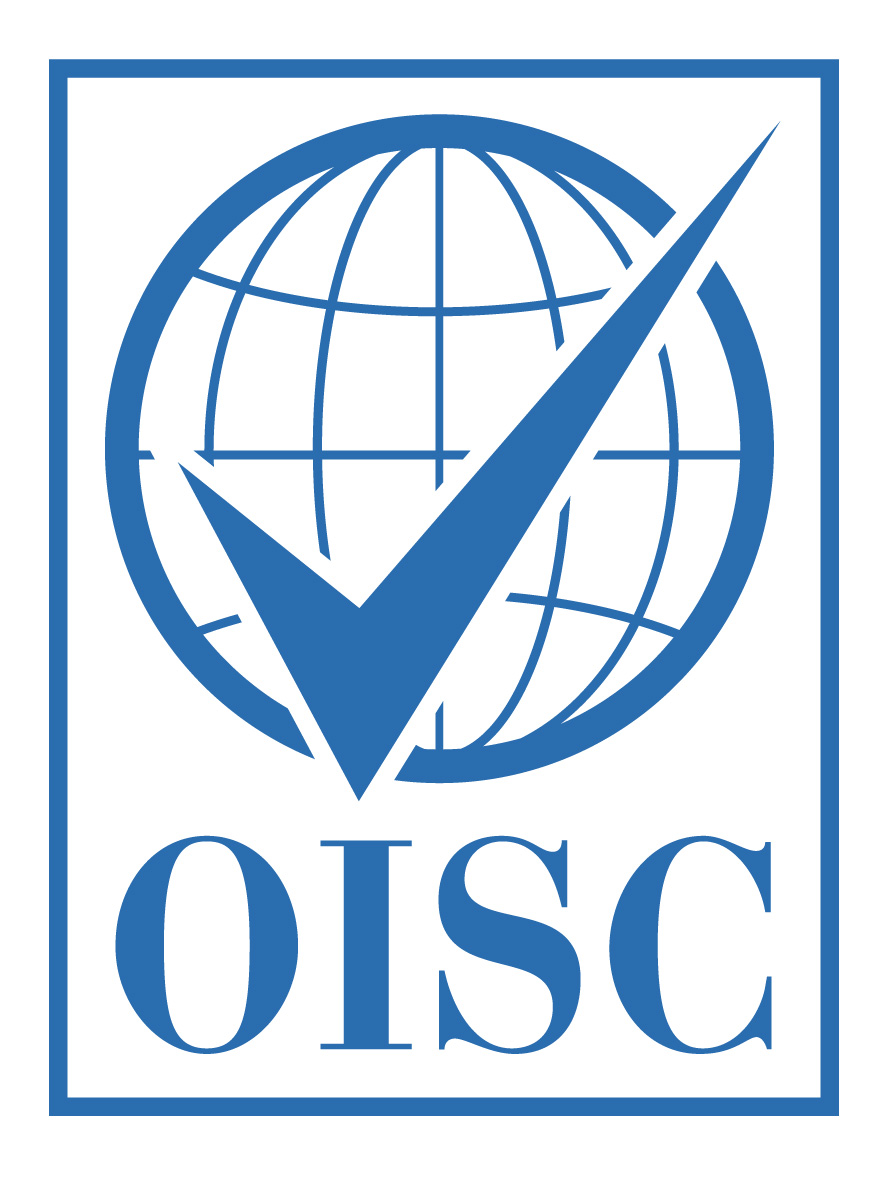This page covers the following topics
- Introduction
- UK International Agreement visa – Overview
- Certificate of Sponsorship to apply for a UK International Agreement visa
- Applying for a UK International Agreement visa
- Extending a UK International Agreement visa
- Switching to a UK International Agreement visa
- Bringing a partner and children to the UK on a UK International Agreement visa
- Permitted and not permitted activities in the UK on a UK International Agreement visa
- People also ask
- How to apply for a UK International Agreement visa?
- How long does it take to get a decision on a UK International Agreement visa?
- How much does a UK International Agreement visa cost?
- How long can I stay in the UK on a UK International Agreement visa?
- How long can I stay in the UK on a UK Youth Mobility Scheme visa?
Introduction
The UK Short-term work visas are a part of the Tier 5 visas and come under the UK’s Point-based system. The UK Short-term work visas are also known as ‘Temporary Workers Visas’
The visas under this category are listed below:
- UK Charity Worker visa.
- UK Creative Worker visa.
- UK Government Authorized Exchange visa.
- UK International Agreement visa.
- UK Religious Worker visa.
- UK Seasonal Work visa.
- UK Youth Mobility Scheme visa.
- UK Graduate visa.
UK International Agreement visa – Overview
Applicants can apply for a UK International Agreement visa if they will be contracted to do work covered by international law or treaty while in the UK. This includes working:
- For an overseas government or international organisation.
- As a private servant in a diplomatic household.
- As an employee in the household of someone who works for a ‘recognised international organisation’.
- If the work assignment is contracted to provide services to a UK company, apply for a UK Service Supplier visa (Global Business Mobility) instead.
| Eligibility criteria | List of documents |
|---|---|
The eligibility criteria for a UK International Agreement visa are listed below:
|
The documents required to apply for a UK International Agreement visa are listed below:
|
Certificate of Sponsorship to apply for a UK International Agreement visa
- Yes, the applicant must have a Certificate of Sponsorship from a licensed employer before they can apply to come to the UK to work.
- The UK-based employer – also known as a ‘Sponsor’ – must provide the applicant with a ‘Certificate of Sponsorship’ stating all the information regarding the job role for which the applicant is employed in the UK.
- It’s an e-Certificate. That means, it is an electronic record and not a paper document.
- The applicant will need the reference number from the Certificate of Sponsorship to apply for the visa.
- The Certificate of Sponsorship must be valid for 3 months from the date it is assigned to the applicant.
Applying for a UK International Agreement visa
The applicant can apply for a UK International Agreement visa up to 3 months before the day they are due to start work in the UK. This date is listed on the Certificate of Sponsorship.
Extending a UK International Agreement visa
The applicant can apply to extend their UK International Agreement visa before their current visa expires.
Switching to a UK International Agreement visa
The applicant can apply to switch to a UK International Agreement visa while they are in the UK if they want to continue working for the current employer. The applicant must:
- Have a work permit.
- Work for an overseas government or international organisation.
- Apply before their current visa expires.
Bringing a partner and children to the UK on a UK International Agreement visa
- The applicant can bring along a partner and children (under 18 years) to join them in the UK as their ‘dependants’ if they’re eligible.
- If their application is successful, their visa will end on the same date as the main applicants.
A dependent partner or child is any of the following:
- Husband, wife, civil partner, or an unmarried partner.
- Children under 18 years – including if they were born in the UK during the main applicant’s stay in the country.
- Children over 18 years if they’re currently in the UK living as a dependant.
Permitted and not permitted activities in the UK on a UK International Agreement visa
The applicant is permitted to:
- Study (for some courses).
- Work for the sponsor in the job described on the applicant’s Certificate of Sponsorship.
- Do a second job in the same sector at the same level as the applicant’s main job for up to 20 hours per week.
- Bring a partner and children (under 18 years), if they’re eligible.
- Study, as long as it does not interfere with the job the applicant is sponsored for.
- Travel abroad and return to the UK.
The applicant is not permitted to:
- Get public funds.
- Start working before the applicant gets their visa.




